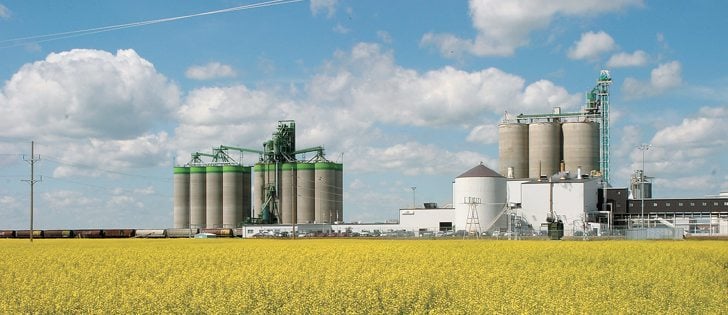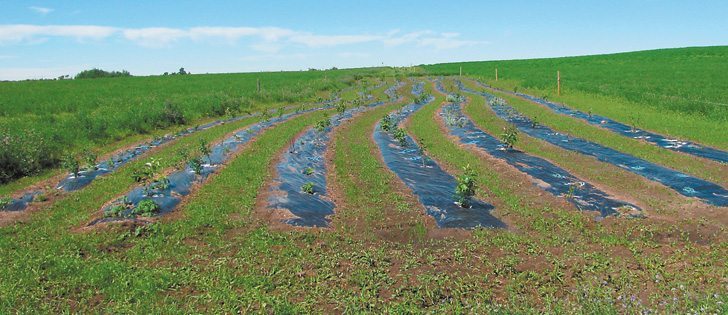A European cold front that has placed winter wheat and rapeseed crops in jeopardy in France and Ukraine has delivered relief to durum crops in North Africa.
Temperatures that dipped as low as -16 C in northern and eastern France may have damaged about one million acres of rapeseed in the Lorraine and Champagne regions of the country where the crop had no snow cover. It is too early to tell the extent of damage.
The cold weather hasn’t helped Ukraine’s beleaguered winter crops. UkrAgroConsult estimates that more than five million acres of winter grain and oilseeds may have been lost to winterkill, including about 642,000 acres of rapeseed that is showing signs of low hardiness.
Read Also

Farm groups ask feds for export sales reporting
The Agricultural Producers Association of Saskatchewan and SaskCrops asks the federal government to create an Export Sales Reporting program.
But it wasn’t all bad news. The cold front pushed the storm track further south, providing some much-needed rain and snow to Algeria, Tunisia and Morocco, a region that is a major buyer of Canadian durum.
“That gave them some moisture, which is timely for them,” said Bruce Burnett, the Canadian Wheat Board’s director of weather and market analysis.
A month ago, he told producers at Crop Production Week in Saskatoon that it had been dry since mid-December in North Africa and that the durum crop was going to be in trouble unless it received some rain.
December and January are usually the peak moisture months for the crop but the rainfall was scanty during that critical period, which meant the durum would have inadequate subsoil moisture to draw upon in case it turns hot and dry at the end of the growing season.
“These rains helped alleviate that risk somewhat,” said Burnett.
But the crop isn’t out of the woods.
“They’re going to need some more rain throughout the region,” he said.
“They can’t go back to complete dryness over the next couple of months and still have an average crop.”
North Africa is an important producer and importer of durum. Morocco purchased 597,600 tonnes of Canadian durum in 2010-11, second only to Italy, which bought 829,900 tonnes.
Burnett said North African growers increased durum acreage this year due to favourable planting conditions.














